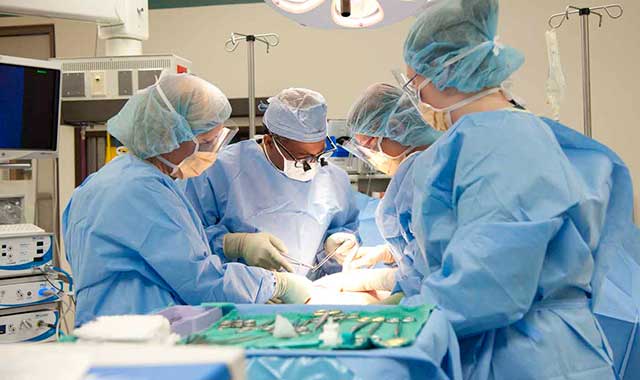It is requisite that all patients who have under gone open heart surgery should receive the COVID-19 vaccine. The vaccine does not necessarily prevent you from catching the COVID-19 infection, but it will reduce the likelihood of serious illness which may require hospital admission, and could result in poor outcome .
People who have undergone open heart surgery may be at increased risk of dying from COVID-19 infection , because the infection places stress on the heart through diverse mechanisms, including direct inflammation of the heart and dysfunction of valves . Therefore, it is essential that all these patients to go for vaccination as soon as possiable. The COVID-19 vaccine trials included patients with post open heart surgeries did not demonstrate any serious effects from the vaccine in such patients.

The most common complaints with this vaccine is pain at the injection site, tiredness, headache, muscle pain or chills. The arm may be stiff and painful for a couple of days. Fatigue and chills are secondary to the effects of the immune ssystem recognising the viral proteins as foreign.
It does not mean that the vaccine has resulted in COVID-19 infection. It is possible that, during the second shot of vaccine when the immune response to the vaccine is likely to be more exaggerated, patients who take anticoagulant medications such as warfarin or Some patients who take combined anti-platelet drugs such as aspirin, clopidogrel, ticagrelor or prasugrel.
Such patients are at an increased risk of bleeding after trauma, including a needle inserted into the arm muscle during COVID-19 vaccination. It is anticipated that the risk of bruising or swelling around the injection site will be slightly increased in these patients.
A fine needle (23 or 25 gauge) should be used for the vaccination, followed by firm pressure applied to the site without rubbing for at least two minutes. And is important that The patient should be informed about the risk of haematoma from the injection.
Patients who are on anticoagulants like warfarin, are up to date with scheduled INR testing and with their INR (not more then 2.5 ) below the upper level of the therapeutic range can receive intramuscular vaccination, usually patients do not need to interrupt their anticoagulant before getting the vaccine,it has been shown that intramuscular flu shots in patients who are on full dose of anticoagulants do not increased the risk for bleeding at the site of the injection ,similarly it is predictable that the risk of significant bleeding at the site of injection is also not increased in open heart patients who are on anticoagulants.There is currently no evidence to suggest that patients who have undergone open heart surgery have any contraindication for the vaccine.
Farooq Ahmad Ganie Assistant Professor Department of Cardiovascular and Thoracic Surgery Skims Soura.

